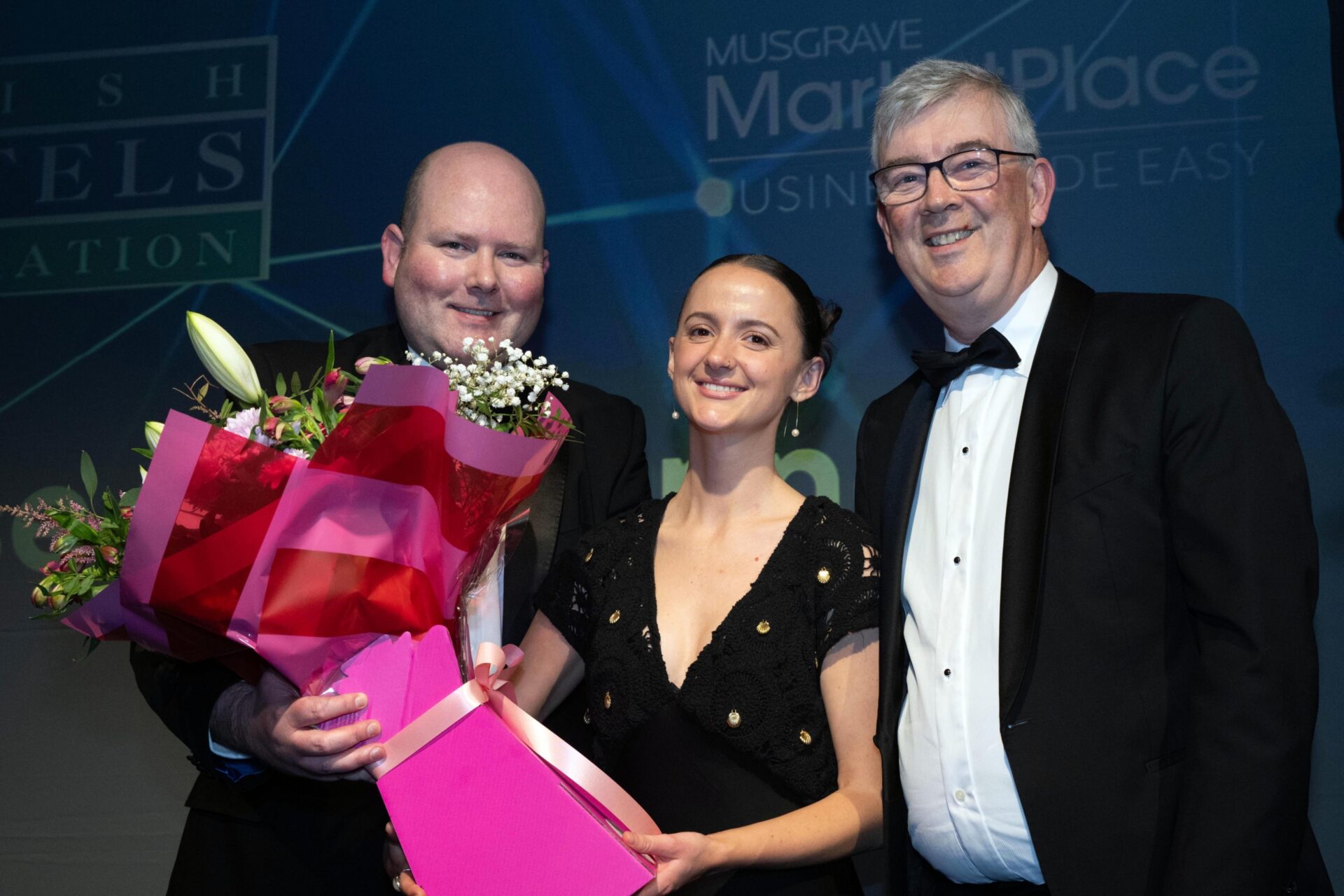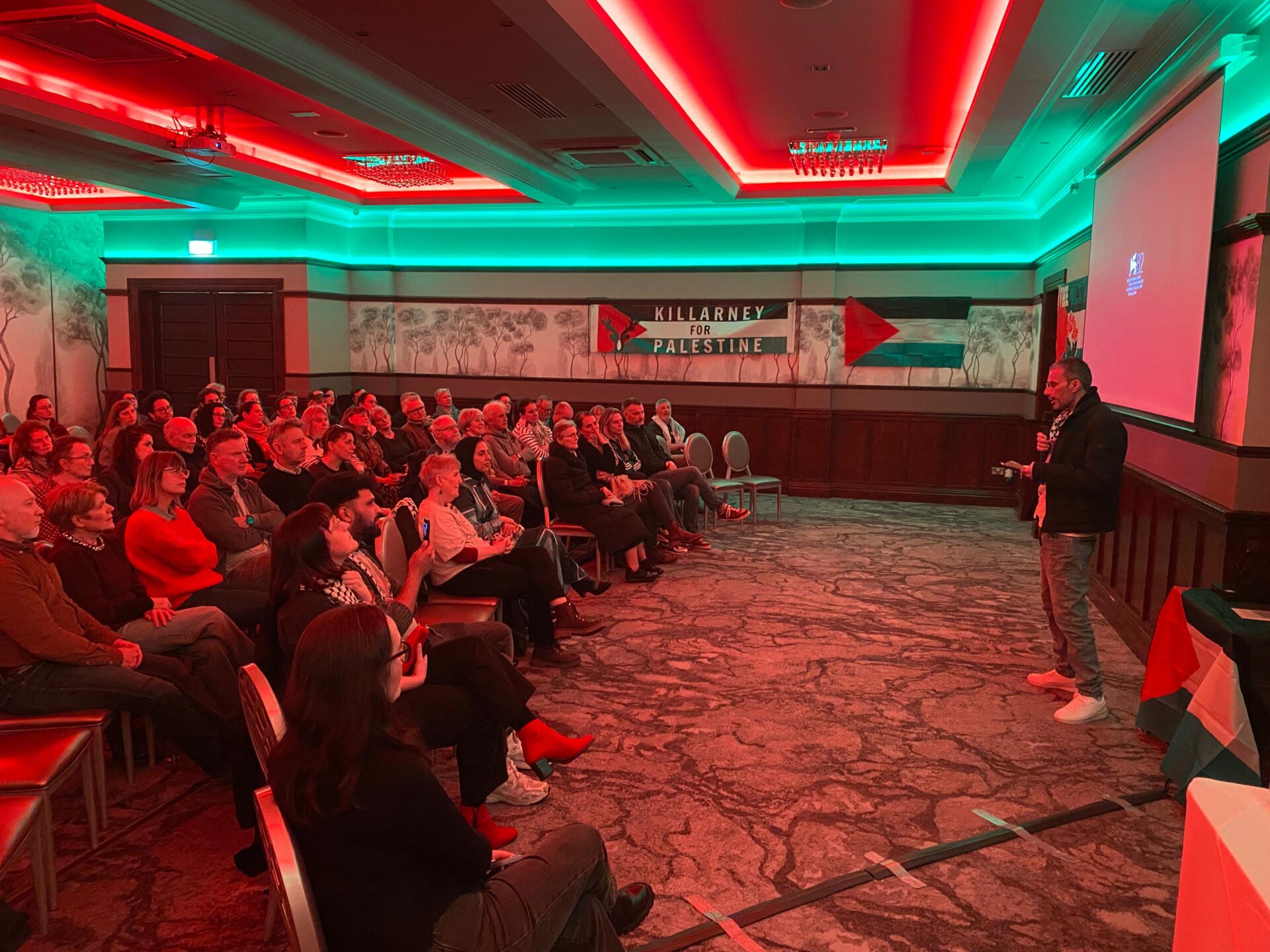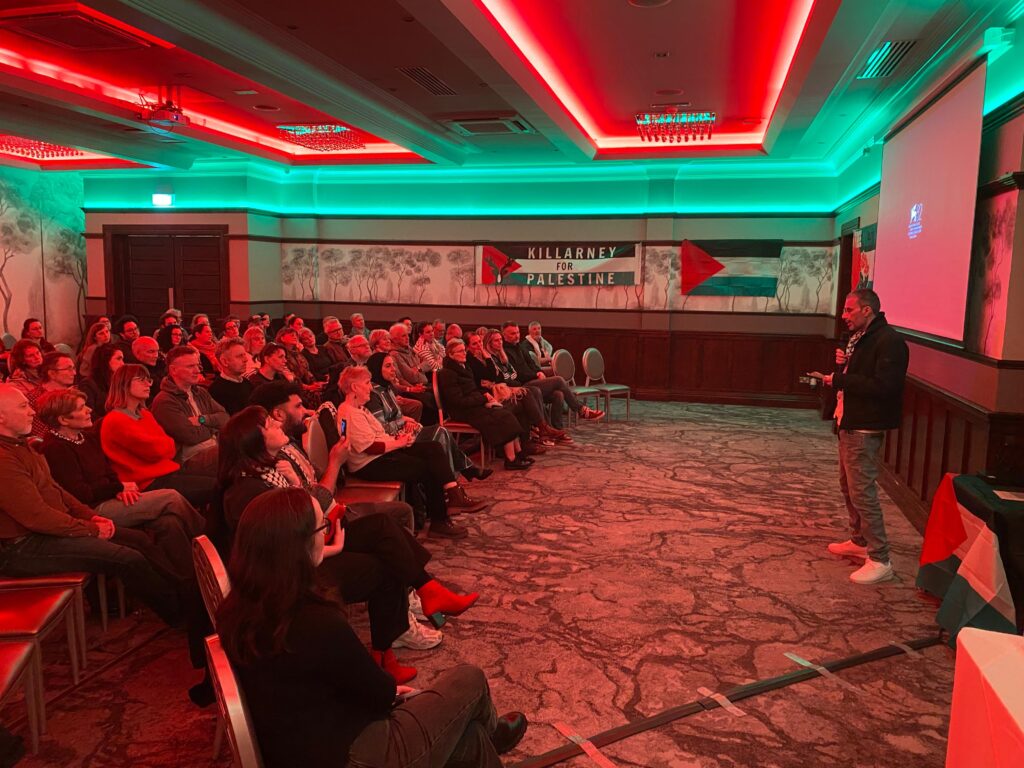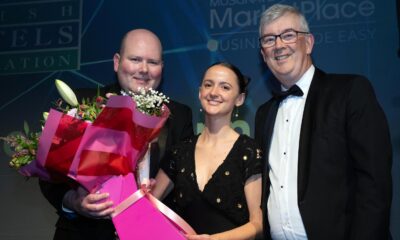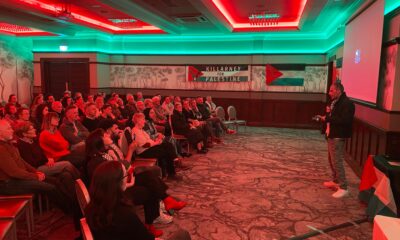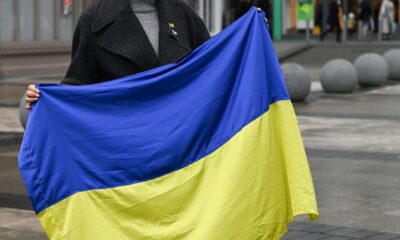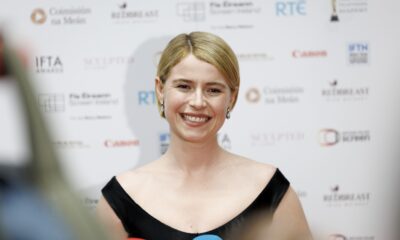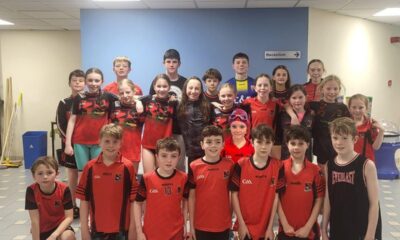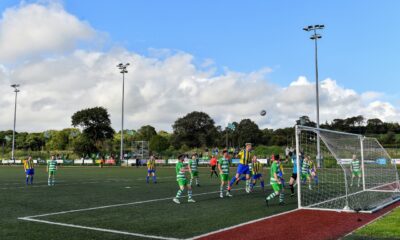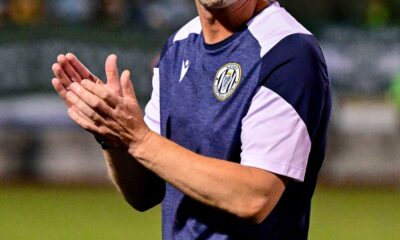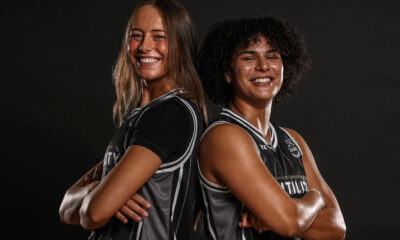News
Science students showcase their research project online

PRESENTATION: Ali O'Donoghue and Eilís Mullane from St Brigid's Secondary School presented their project online at the 'Science for Development' showcase on Wednesday.
By Michelle Crean
Student scientists from St Brigid’s Secondary School got a chance to showcase their research project at the innovative 'Science for Development' on Wednesday. Close to 30 school projects, including Ali O'Donoghue and Eilís Mullane's 'Vertical Farming - The Future of Healthy Schools', were selected for the event which is organised by Irish NGO Self Help Africa in collaboration with Irish Aid, the overseas development arm of the Dept of Foreign Affairs.
In January, the girls were amongst one thousand students nationally who participated in the first ever virtual BT Young Scientist & Technology Exhibition (BTYSTE).
Their project was Highly Commended in the Intermediate Social and Behavioural Sciences category.
Each year following the BTYSTE, The Development Education Team at Self Help Africa host a showcase of student projects which were exhibited at the Young Scientist relating to their ‘Science for Development’ award sponsored by Irish Aid. Ali and Eilís’s BTYSTE project showed relevance to the challenges affecting people in the Global South, and presents potential scientific solutions to these issues.
“We were delighted to have been invited to present our project at this year’s ‘Science for Development’ online showcase," Ali said.
This year’s showcase offered students the opportunity to speak about their projects, hear from guest speakers and to interact with other exhibiting students and guests. The event was opened by Colm Brophy, Minister of State for Overseas Development Aid and Diaspora. Presentations included the 2021 winner of the ‘Science for Development’ Aronnya Khan Zakaria from Castletroy College in Limerick on her project ‘The development of racial prejudice in children: a statistical analysis on the influence of society and home life on a child's thoughts and attitudes towards racism’.
Students of around 15 different projects got a chance to showcase and discuss their research with each other and invited guests.
“We were thrilled to be part of this prestigious event,” Eilís added.

